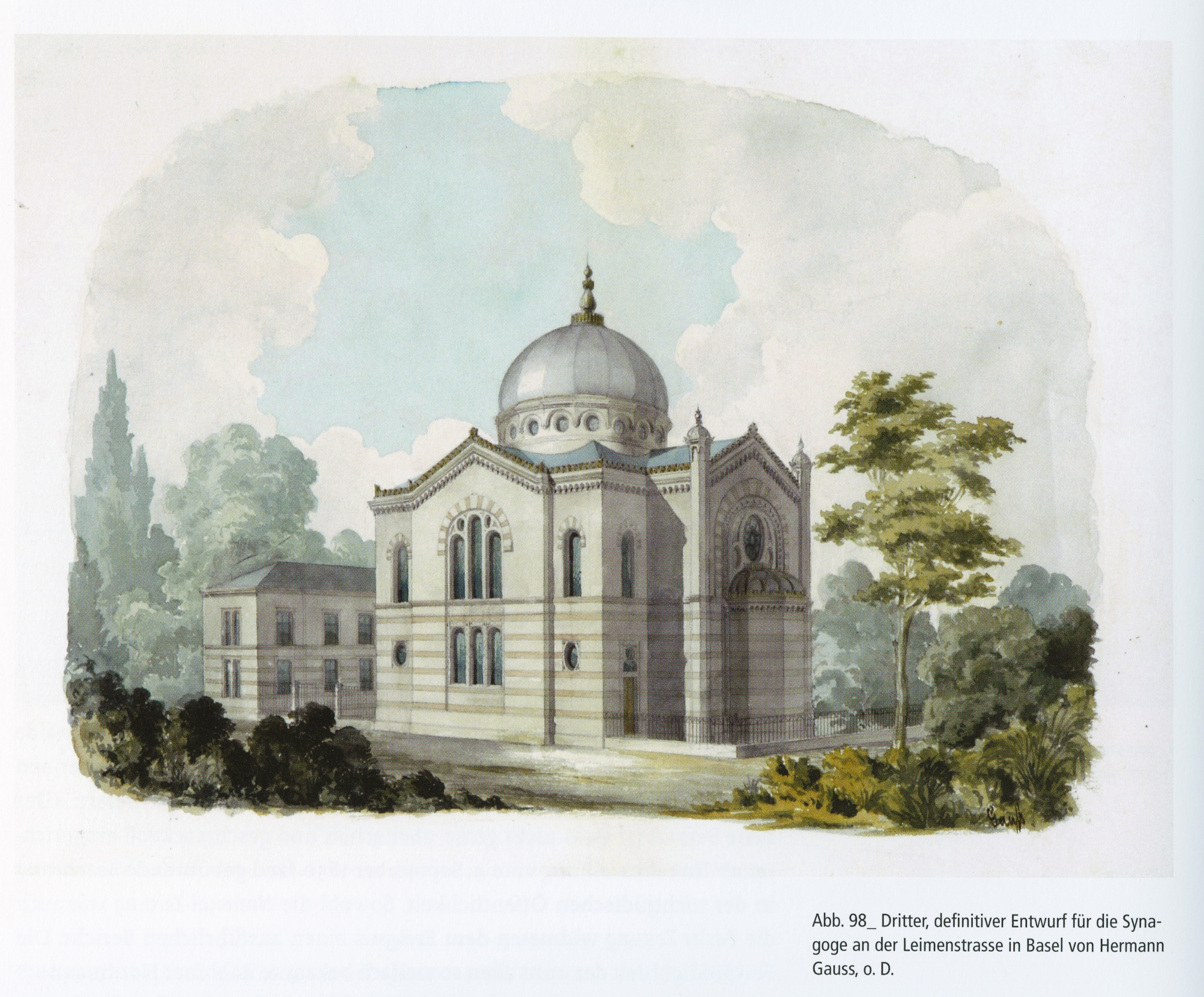Government report finds Muslims well-integrated

A joint cantonal and governmental report conducted in the wake of the 2009 minaret ban finds that most Muslims in Switzerland are well-integrated and don’t generally experience problems related to their religious faith in everyday life.
Because the report did not identify any specific integration problems, cabinet will not introduce new measures to build connections and resolve differences among members of different religious faiths. Instead, it will rely on the existing integration measures to react to any problems that may crop up.
Switzerland’s 350,000 to 400,000 Muslims don’t belong to a single faith community; instead, they tend to be divided along ethnic and linguistic lines. And, religion isn’t the most important identifying factor for many of them; According to the report, only 12 to 15 per cent actively practise the faith by regularly visiting a Mosque, and Muslims from the Balkan region in particular see the religion as a tradition rather than a strict belief system.
However, Muslims in Switzerland do report feeling doubly discriminated against because of their religion and their status as foreigners. They tend to face social and linguistic barriers to integration rather than hurdles related to their religion, the report shows. According to the government, these issues are already addressed in Switzerland’s current integration and anti-discrimination initiatives, negating the need for more specific religion-related policy.
The report issued Wednesday was the result of demands for more information on the situation of Muslims in Switzerland following the adoption of the country-wide popular initiative “Against the Construction of Minarets”. The initiative banning the building of new minarets was voted into law on November 29, 2009 and launched debates across the country and the world about the acceptance of Muslims in Switzerland.

In compliance with the JTI standards
More: SWI swissinfo.ch certified by the Journalism Trust Initiative












You can find an overview of ongoing debates with our journalists here . Please join us!
If you want to start a conversation about a topic raised in this article or want to report factual errors, email us at english@swissinfo.ch.